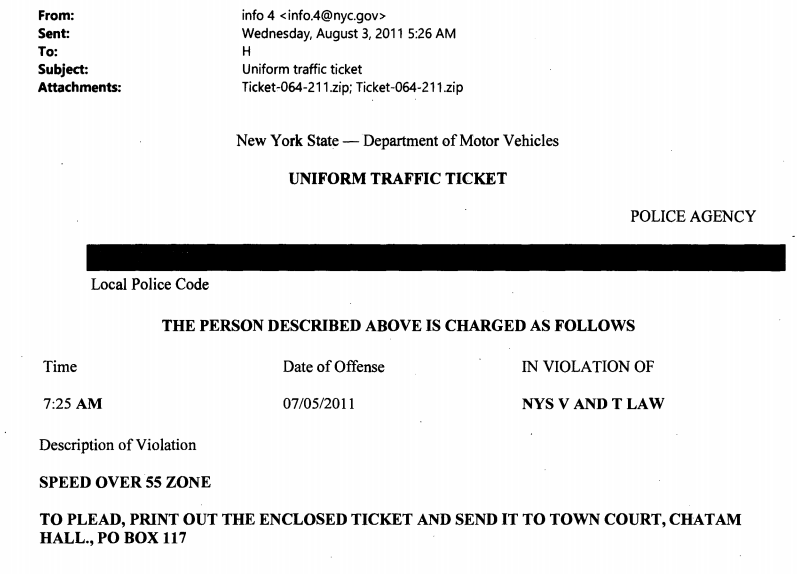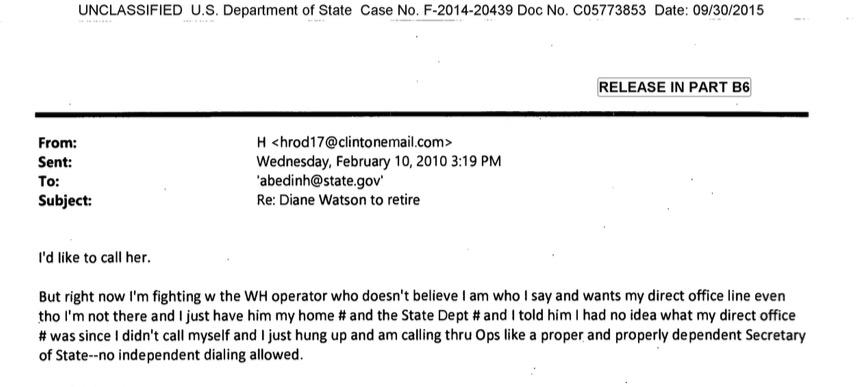Place this story and decision into the WTH file.
F.B.I. Chief Not Invited to Meeting on Countering Violent Extremism
NYT > WASHINGTON — The White House did not invite the most senior American official charged with preventing terrorist attacks — the F.B.I. director, James B. Comey — to the three-day conference this week on countering violent extremism in the United States and abroad because the administration did not want the event too focused on law enforcement issues, according to senior American officials.
But Mr. Comey’s Russian counterpart — Aleksandr V. Bortnikov, the director of the Russian Federal Security Service, the post-Soviet K.G.B. — was at the meeting, even though international human rights groups have repeatedly accused the Russian security service of unjustly detaining and spying on Russians and others.
The service also declined to provide American counterterrorism and intelligence officials with information before the 2013 Boston Marathon bombings that would probably have led to more scrutiny of one of the suspects.
Several other foreign law enforcement officials attended the conference, which was held in Washington. The meeting has been criticized as ineffectual and irrelevant, and not focused on immediate and tangible solutions to stop terrorists. And some Republicans said that President Obama’s speech to the assembled leaders on Wednesday did not lay out a strategy for defeating groups like the Islamic State.
The omission of Mr. Comey adds further uncertainty over who in the government is in charge of the anti-extremist effort. Just a few months ago, the F.B.I. put out a lengthy bulletin on its website about how it was leading “a new approach to countering violent extremism.” Many of the strategies listed by the F.B.I. appear similar to ones mentioned at the meeting.
An Obama administration official defended the decision not to invite Mr. Comey, saying that “while the F.B.I. works tirelessly to keep the country safe, this conference was not centered on federal law enforcement.”
The official said that the administration’s efforts to counter violent extremists “are premised on the notion that local officials and communities can be an effective bulwark against violent extremism, and most of the participants — spanning community leaders, local, law enforcement, private sector innovators, and others — reflected this bottom-up approach.” A spokesman for the F.B.I. declined to comment.
Mr. Comey’s boss, Attorney General Eric H. Holder Jr., attended the conference, and several F.B.I. officials participated in its panels, the official said.
The administration did not specifically invite Mr. Bortnikov, the official said. Instead, it had sent a general invitation to the Russian government, which chose Mr. Bortnikov, along with others, to come to Washington.
The administration did not try to prevent Mr. Bortnikov, who rarely visits the United States, from attending, said the official, who did not want to be identified discussing internal White House deliberations. Mr. Bortnikov is on the European Union sanctions list in response to the crisis in Ukraine, but he is not subject to American sanctions.
The programs intended to prevent Americans from becoming extremists are led by the Department of Justice and the Department of Homeland Security.
The Obama administration said in a news release on Wednesday that the effort to counter violent extremism “encompasses the preventive aspects of counterterrorism as well as interventions to undermine the attraction of extremist movements and ideologies that seek to promote violence.”
Stopping terrorist attacks has been the F.B.I.’s highest priority since the Sept. 11, 2001, attacks. The bureau oversees joint terrorism task forces in every major American city that bring together federal, state and local authorities to investigate terrorism.
***
This is not the first little confab concocted by Barack Obama. Back in February of 2015, Obama had the same session calling on 60 nations. Progress? Not so much.
WASHINGTON — President Obama called on Americans and more than 60 nations on Wednesday to join the fight against violent extremism, saying they had to counter the ideology of the Islamic State and other groups making increasingly sophisticated appeals to young people around the world.
On the second day of a three-day meeting that comes after a wave of terrorist attacks in Paris, Sydney, Copenhagen and Ottawa, Mr. Obama said undercutting the Sunni militant group’s message and blunting its dark appeal was a “generational challenge” that would require cooperation from mainstream Muslims as well as governments, communities, religious leaders and educators. “We have to confront squarely and honestly the twisted ideologies that these terrorist groups use to incite people to violence,” Mr. Obama told an auditorium full of community activists, religious leaders and law enforcement officials — some of them skeptical about his message — gathered at the Eisenhower Executive Office Building next door to the White House. “We need to find new ways to amplify the voices of peace and tolerance and inclusion, and we especially need to do it online.”

 Numerous concerns have been raised regarding whether Clinton’s private server has made sensitive information more vulnerable to hackers, which were made more worrisome by the recent cyber-attacks on the government from the
Numerous concerns have been raised regarding whether Clinton’s private server has made sensitive information more vulnerable to hackers, which were made more worrisome by the recent cyber-attacks on the government from the 


